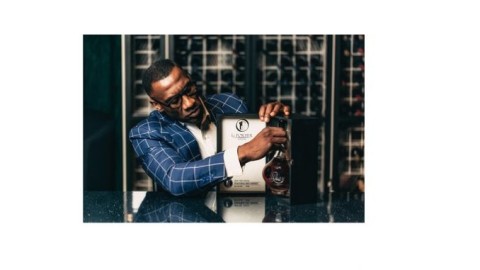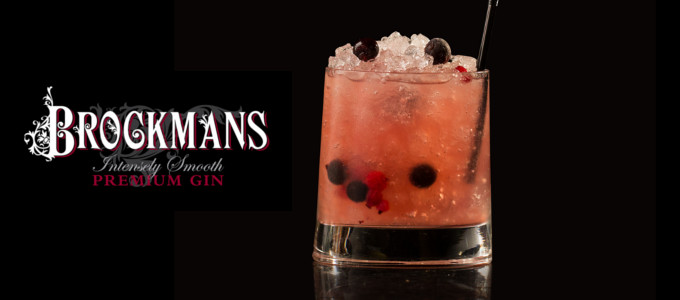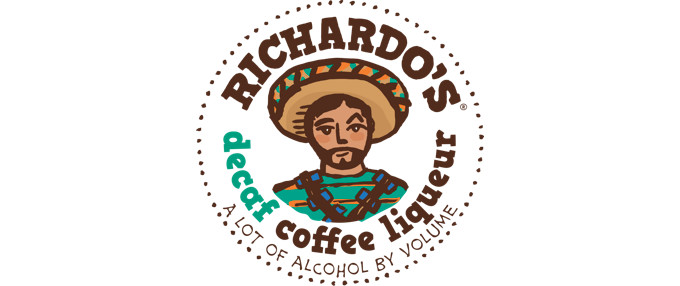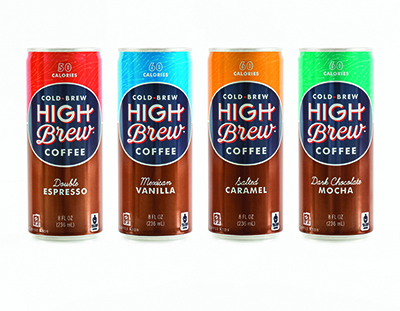 With daily coffee consumers making up well over half its citizens, it is no surprise that the United States has been so affected by the recent drought of Arabica beans in Brazil. However, the effects of this severe caffeine shortage are not limited to the U.S. – nearly a third of the world’s population relies upon Brazil for their primary coffee supply. As a result, coffee retailers across the globe are now working to manage their resources without having to face an extreme loss of business.
With daily coffee consumers making up well over half its citizens, it is no surprise that the United States has been so affected by the recent drought of Arabica beans in Brazil. However, the effects of this severe caffeine shortage are not limited to the U.S. – nearly a third of the world’s population relies upon Brazil for their primary coffee supply. As a result, coffee retailers across the globe are now working to manage their resources without having to face an extreme loss of business.
To add to the already limited resource of Arabica beans, ‘Leaf Rust,’ an orange-colored fungus that grows on the coffee leaves, has also taken a dramatic toll on the coffee bean supply with expected crop losses of $500 million. The airborne disease strikes coffee plants, flecking their leaves with spots causing them to wither and fall off. The fungus has affected the coffee fields from Mexico to Panama, where some of the world’s rarest and more expensive beans are grown. The fungus is only expected to get worse by spreading to new farms.
Though the expense of Arabica beans was steep to begin with, their value increased by a staggering 90% this year alone. Where a pound of Arabica beans was once marked at $1.10, their current value of $2.15 ranks the highest price point in two years. Subsequently, as prices increase for coffee suppliers, many of these companies are significantly raising their prices for consumers as well.
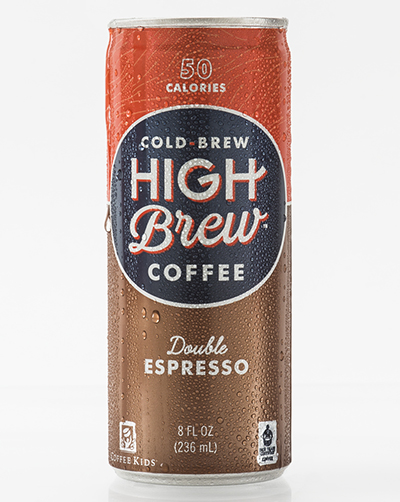 Some coffee manufactures however, are optimistic about other options. The most prevalent of these is the utilization of pre-bought coffee beans, which certain retailers view as the most beneficial for all involved in the coffee market. David Smith, CEO of High Brew Coffee, a new line of canned cold brew coffees, is one such retailer. Despite the current inconsistency of coffee bean prices, Smith believes that there is hope yet for a rebound effect. “The drought has become worse, and it’s affecting all of us. We can’t change that, but we can change what we do about it.”
Some coffee manufactures however, are optimistic about other options. The most prevalent of these is the utilization of pre-bought coffee beans, which certain retailers view as the most beneficial for all involved in the coffee market. David Smith, CEO of High Brew Coffee, a new line of canned cold brew coffees, is one such retailer. Despite the current inconsistency of coffee bean prices, Smith believes that there is hope yet for a rebound effect. “The drought has become worse, and it’s affecting all of us. We can’t change that, but we can change what we do about it.”
In other words, companies that have planned accordingly and are using their storage of coffee beans wisely are not resorting to pass on this cost to their customers. For example, High Brew purchases enough bean supply to last 6-9 months’ worth of production, so the direct impact from product to consumer may not be immediate. Additionally, the company obtains its 100% Arabica beans from multiple sources in Latin America including Guatemala, Honduras and Columbia.
While the coffee drought certainly poses multiple challenges, it also presents opportunities for companies like High Brew to resort to interesting solutions to stay competitive and relevant in a saturated and unpredictable market.
About High Brew Coffee
After working non-stop for thirteen years to turn his tiny tea company into a booming success, David Smith, co-founder of Sweet Leaf Tea, embarked on the sailing adventure of a lifetime. Discovering the benefits of cold, refreshing cold-brewed coffee during muggy nights navigating rough waters, the idea for High Brew Coffee was born. Officially founded in 2014, High Brew Coffee is an all-natural 100% Arabica blend ready-to-drink cold brew coffee made from fair trade coffee beans. Brewed with zero heat, High Brew Coffee offers premium low-calorie cold-brews in smooth, delicious flavors such as Double Espresso, Mexican Vanilla, Salted Caramel and Dark Chocolate Mocha. For more information please visit, www.highbrewcoffee.com and find them on Facebook and Twitter.



